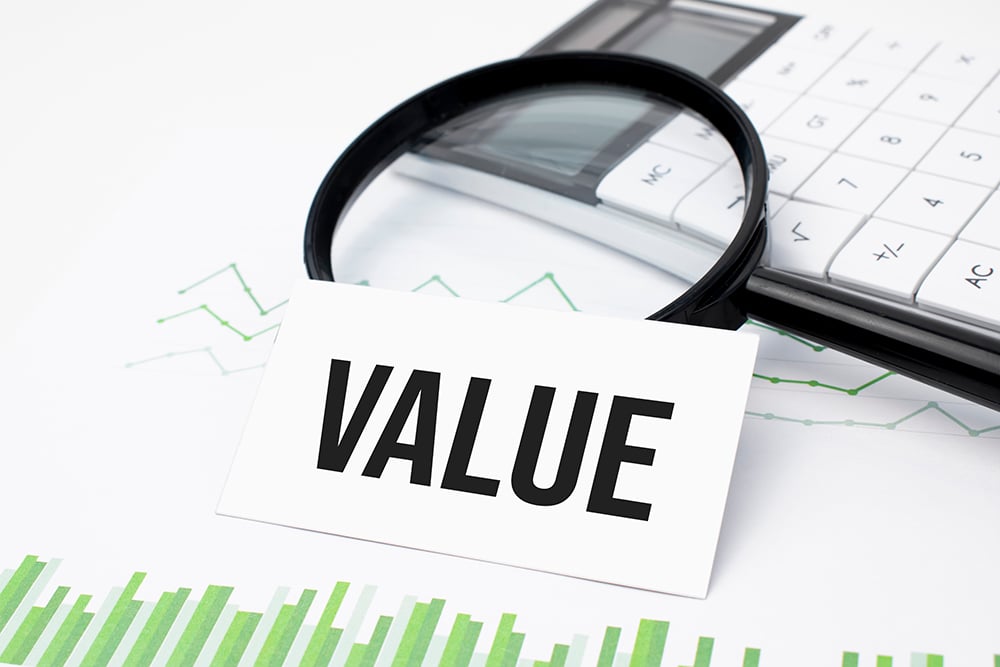
We discussed in our last post the three most common methods utilized when performing a valuation for small businesses:
- Capitalization of Earnings method under the Income Approach
- Direct Merger & Acquisition Method under the Market Approach
- Adjusted Net Asset method under the Asset Approach
Depending on the overall scope of work involved and the structure of the company, only one or two of these methods may ultimately be relied upon.
For example, let’s look at a typical holding company, which is often structured as more of an investment business versus a traditional revenue-driven operating company. Common holding entities will own assets such as real estate, securities, heavy equipment, mineral rights, or even a group of smaller operating businesses. The assets may be rental properties or those commonly traded in the market. These holding businesses are often utilized to consolidate ownership interests and management structures while creating certain benefits and protections for the owners.
Regardless of the structure or the assets being held, revenue produced by these companies is meant to simply sustain operations as opposed to drive income and profitability. Therefore, appraising a holding company using the income or market approach methods would not be practical. The value of the underlying assets would be more appropriate utilizing the adjusted net asset method.
A business appraiser will need to rely on independent appraisals to confirm the value of the primary assets while adjusting for cash, receivables, liabilities, and other balance sheet items. It would not be prudent to simply rely on estimates supplied by the business owner without these unbiased reports.
Another issue to consider when valuing a holding company is the possibility of a discount for lack of control with the ownership interest being appraised or for a limited degree of marketability. These types of discounts are considered with any small business that has multiple owners for partial buyout or buy-in purposes, or for potential liquidity issues arising from a sale.
Holding companies should not be confused with “shell” companies, which are structured for different reasons, such as tax and accounting regulations, and are often the subject of negative press due to a history of investigations into the validity of certain enterprises. To learn more about appraising holding companies, consult with a certified valuation professional.








